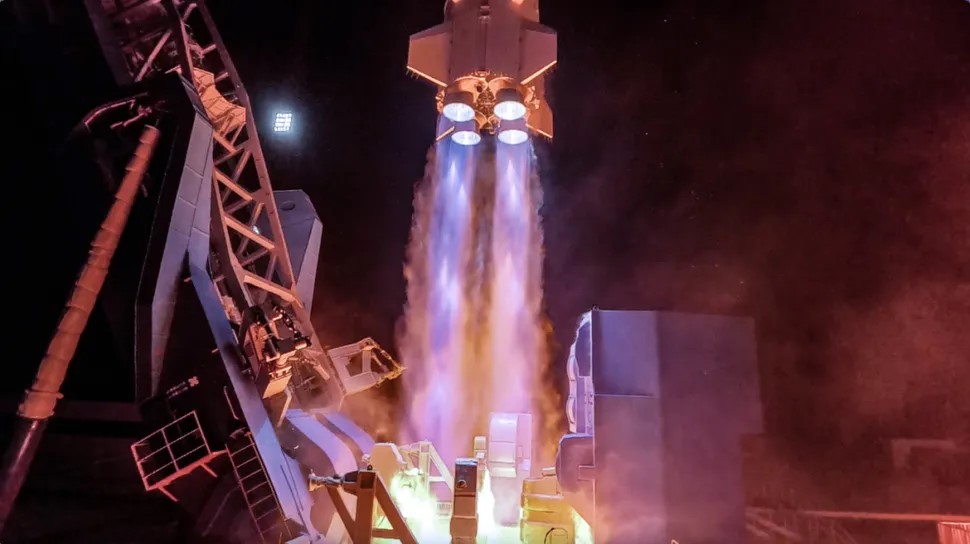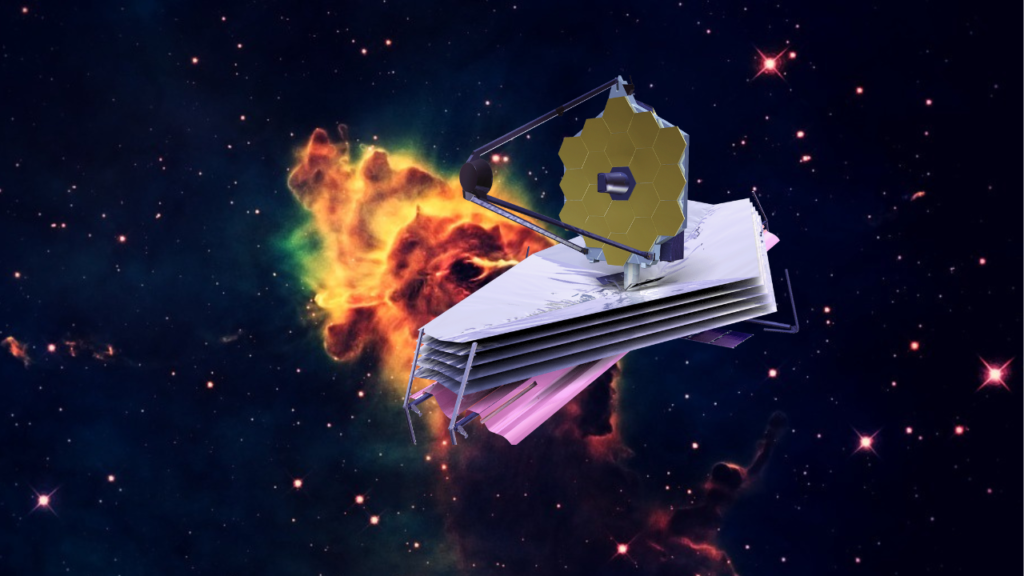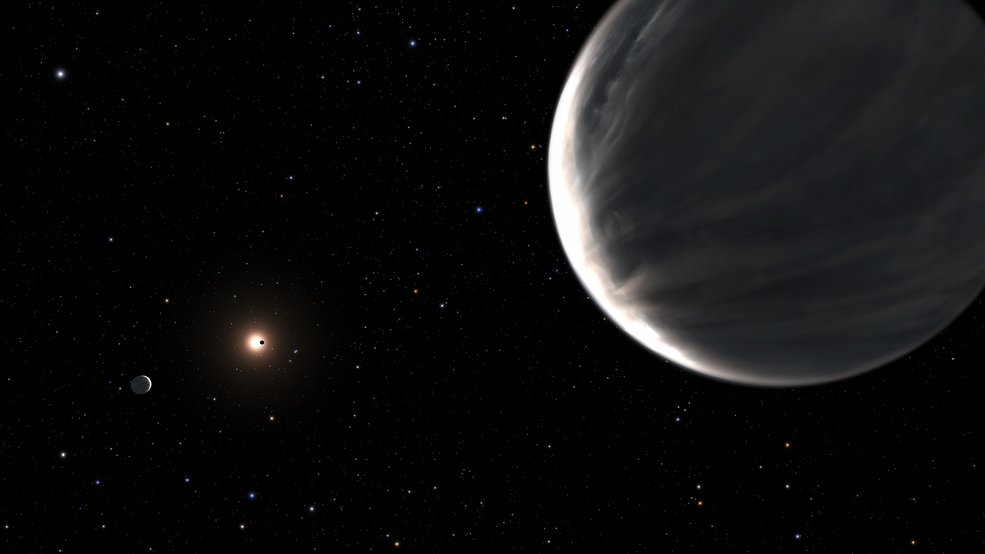Chinese launch startup Landspace appears ready to test launching and landing rockets.
The company launched its third Zhuque-2 methane-fueled rocket on Dec. 8, successfully sending two satellites into orbit. It also revealed plans following the launch for a large stainless steel Zhuque-3 reusable rocket that it aims to launch for orbit for the first time in 2025.
A small step on that ambitious journey is now expected in the near future, with satellite imagery showing activity at a test stand at Jiuquan Satellite Launch Center in the Gobi Desert.
Landspace has prepared an 11-foot-diameter (3.35 meters) test article that it will launch to around 328 feet (100 meters) and attempt to land it using variable thrust engines and landing legs, much like the SpaceX Falcon 9.
The test article for the planned hop is the same diameter as the 162 feet long (49.5 meters) Zhuque-2, but smaller than the planned 14.8-foot-diameter (4.5 m), 251.3 feet (76.6 m) long Zhuque-3.
The new rocket will build on the methane engines and other tech developed for the Zhuque-2. The Zhuque-3 will have a payload capacity to low Earth orbit (LEO) of 46,300 pounds (21,000 kilograms) when expendable and up to 40,350 pounds (18,300 kg) when the first stage is recovered.
Another Chinese launch startup, iSpace, recently conducted its first hop tests at Jiuquan as the quest for reusable rockets in China heats up.
Landspace was the first in the world to get a methane-fueled rocket to orbit, but larger launchers will soon be flying elsewhere. SpaceX recently launched its massive Starship for the second time and is preparing for a third test flight, while United Launch Alliance is set to launch its new Vulcan Centaur for the first time in January .
Credit: Space.com



